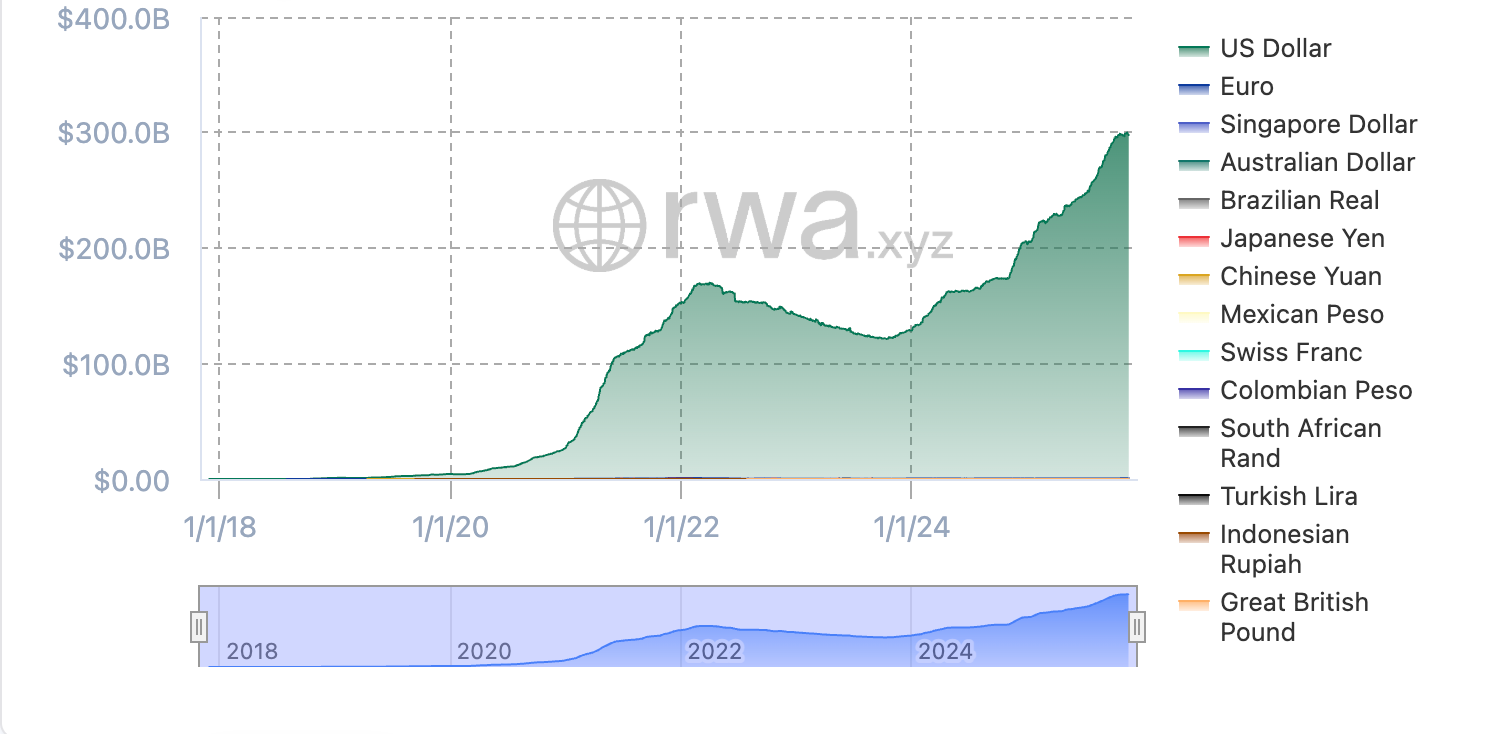India Stablecoin Regulations 2025: Divergence Emerges with RBI
Background on India’s Stablecoin Regulation Push
The government of India may address stablecoin regulations in its upcoming Economic Survey 2025-2026, according to a report by Cointelegraph. Citing an official source, the report states that the Ministry of Finance intends to “present its case” for stablecoin frameworks in the annual review that outlines policy recommendations and analyzes the country’s economic outlook. This consideration marks a notable shift from India’s previously cautious or restrictive stance toward cryptocurrencies.
Stablecoins, digital assets pegged to traditional currencies, have generated global debate on their role in financial systems. While countries like the United States have moved forward with regulatory bills, India’s position remains under discussion, with both opportunities and risks highlighted in recent policy conversations.
RBI Advocates Caution, Focuses on CBDC
The Reserve Bank of India (RBI) continues to recommend a cautious approach when it comes to stablecoins. RBI Governor Sanjay Malhotra, speaking at the Delhi School of Economics, emphasized that India’s robust domestic digital payments infrastructure — including the Unified Payments Interface (UPI), National Electronic Funds Transfer (NEFT), and Real-Time Gross Settlement (RTGS) — already delivers secure, accessible transactions nationwide.

Malhotra dismissed concerns that India must respond to recent U.S. stablecoin legislation, stating, “There’s no need for India to react to the U.S. GENIUS bill because our domestic payment systems are stronger” (via Cointelegraph).
The RBI instead continues to champion the development and adoption of a central bank digital currency (CBDC), viewing it as a safer alternative to privately issued cryptocurrencies and stablecoins. This stance underlines a divergence in perspectives between India’s central bank and some policymakers considering more open regulation of digital assets.
Potential Impact and Next Steps
Should stablecoin regulation be included in the Economic Survey 2025-2026, it would represent a significant policy shift for India, potentially legitimizing certain categories of digital assets and impacting both local and international crypto markets. Analysts suggest such a move could spur further crypto adoption in India, already the world’s most populous country and a major tech hub.
However, officials continue to highlight risks associated with cryptocurrencies. In October, Commerce and Industry Minister Piyush Goyal stated that the Indian government neither encourages nor discourages crypto, but he questioned whether most cryptocurrencies “have sovereign backing or underlying assets that give them value” (Reporting via Cointelegraph).
The eventual publication of the Economic Survey and further government statements are expected to clarify India’s policy direction. Meanwhile, developments are being closely watched by both cryptocurrency investors and regulatory bodies worldwide.
For ongoing updates on policy and market reactions, visit the Vizi cryptocurrency section.



















